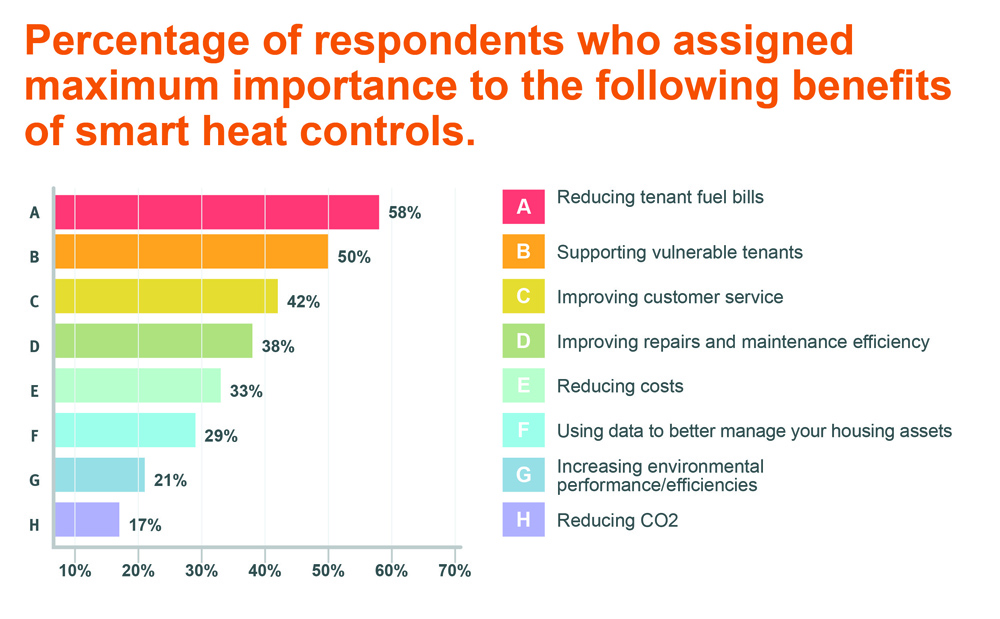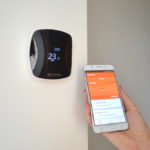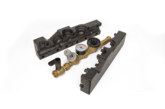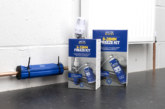A survey of social housing professionals by Secure Meters (UK) has revealed measurable insight into the growing demand for smart thermostats in the sector, with reducing tenant fuel bills and preventing mould growth in homes identified as the biggest benefits.
The survey of 200 social housing asset, energy and sustainability managers reveals that the two most sought after benefits of smart thermostats are reducing tenant fuel bills (fuel poverty), and proactively identifying high levels of humidity in homes to prevent mould growth. On average respondents scored the importance of reducing tenant fuel bills 9.1 out of 10 (with 58% scoring it 10-out-of-10), followed by improving customer service (8.4 out of 10).
The identification of high levels of condensation or mould growth in homes was scored on average 8.3 out of 10 as an asset management benefit, followed by the remote identification of poorly performing boilers (8.1 out of 10).
The two main barriers to the adoption of smart heat controls are the perceived up-front high capital investment and possible confusion over differing or confusing technologies. Awareness of smart thermostats in social housing is however high, with 92% of respondents claiming to have at least some awareness of the technology.
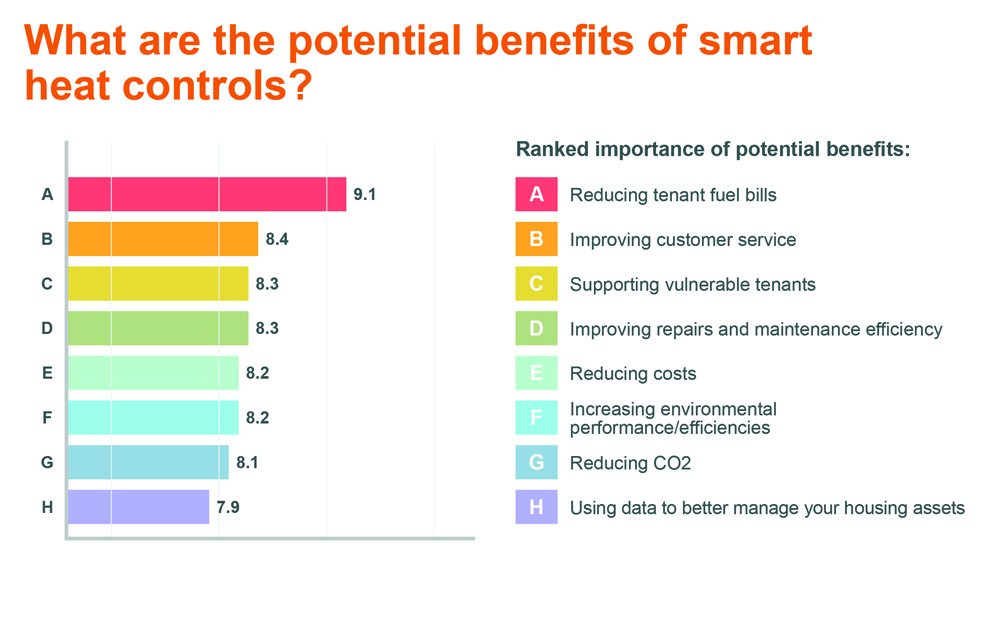
Multi-national utility meters company Secure Meters released the results of the survey to coincide with the launch of its first social housing smart thermostat, Beanbag.
Beanbag is an intelligent heating and hot water control that works with gas, oil or electric boilers, (and with heat interface units), with a Beanbag App providing the tenant full control of their system from anywhere.
Nigel Ebdon, Development Manger at Secure Meters, commented: “The survey findings are encouraging and confirm that landlords are comprehending the potential multiple benefits of smart thermostats.
“These include greater control, reduced costs and improved customer service for tenants, while landlords will be able to make better, evidenced based decisions, improve service delivery, efficiency and better manage assets.”
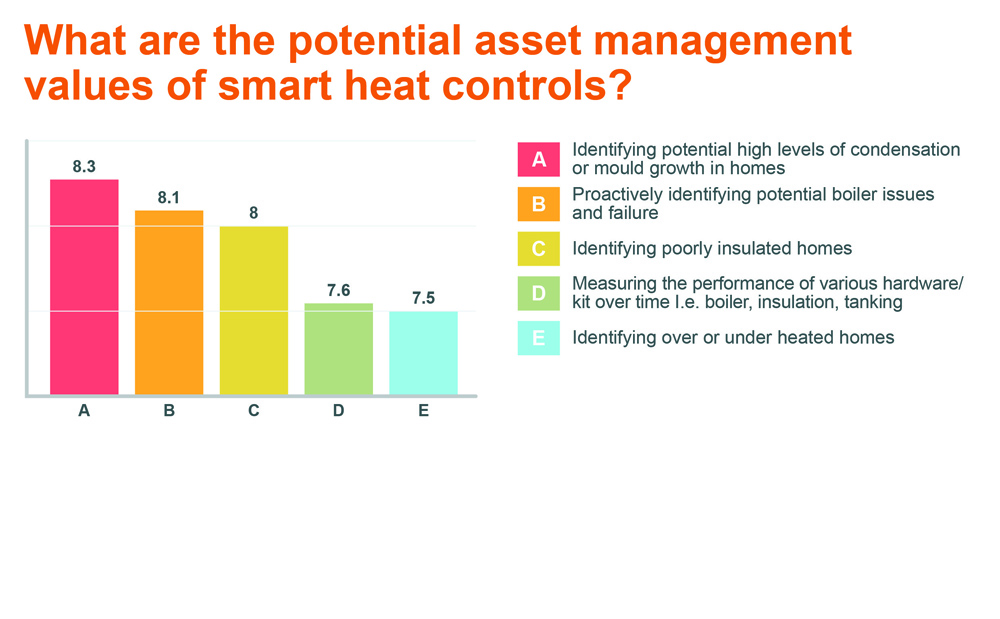
London based Southern Housing Group has been assessing a 20 home Beanbag smart heat control pilot installation over recent months. Patryk Szczerba, a Senior Energy Consultant at Southern Housing Group, is not surprised at the prominence of humidity and mould prevention: “Mould growth can be an expensive and perennial problem, but smart heat controls should be able to alert landlords to homes with problematic levels of humidity, allowing us to take preventative action before mould growth takes hold.”
Patryk is also not surprised at the prioritisation of reducing tenant fuel bills to landlords: “Although it is the asset management value of smart heat controls that could potentially save landlords significant money over time, the most obvious upfront benefit is reducing tenant fuel bills.
“This is the starting point for many landlords: can the cost of heat be reduced without compromising the quality of warmth in the home? If the answer to this is yes, then it’s a massive tick in the box.”
Smart thermostats (or smart heat controls) regulate the temperature in homes by using data, such as temperature or humidity, gathered by sensors around the house. This data is then used to reduce energy usage and cost by optimising the performance of the entire system, but it also allows both the tenant and landlord remote access and control via the web.
For the full results of the survey click here.
